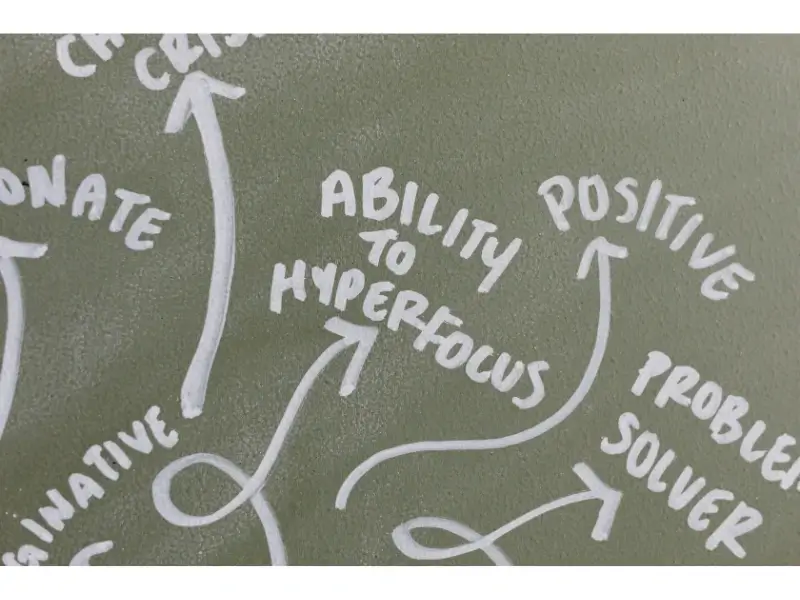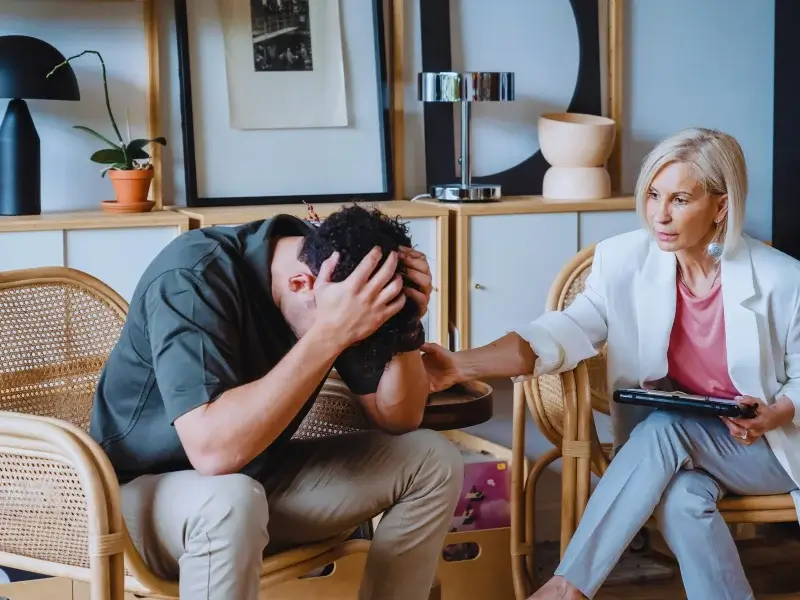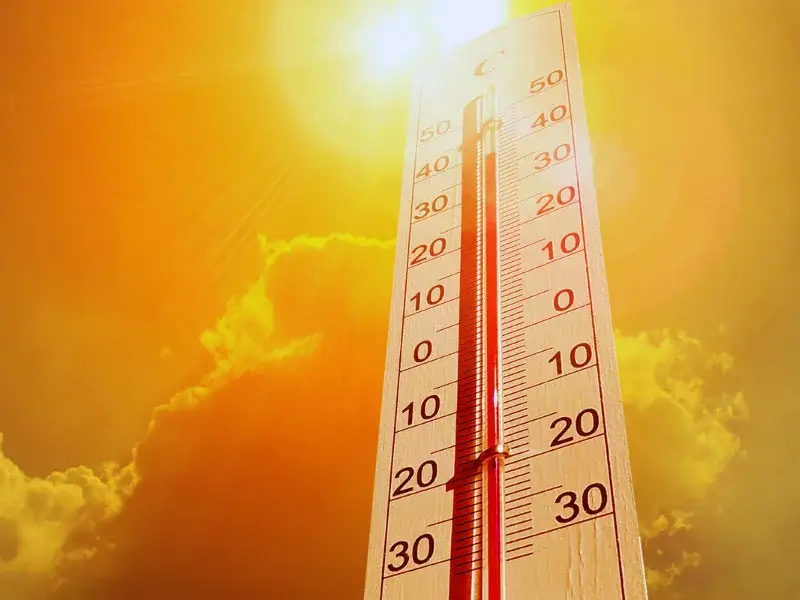
Schizophrenia and psychosis can start young, with the onset commonly occurring between the ages of 16 and 30, with some cases emerging earlier.
It can be hard to spot at first, especially since many symptoms overlap with stress, anxiety, or even normal growing pains.
Schizophrenia in teens may first appear through confusion, social withdrawal, or disorganized thinking.
It’s encouraged to get an understanding of schizophrenia signs and struggles within teens to get the proper treatment and care needed.
CNS Center Arizona provides timely and individualized support for teens and families looking for help in handling the challenges of schizophrenia.
What Is Schizophrenia In Teens?
How It Differs From Adult Schizophrenia
When Schizophrenia shows up before age 18, it’s sometimes called early-onset schizophrenia.
Compared to adults, teens may show more subtle signs early on, like a drop in grades, sleep issues, or changes in friendships.
Over time, more serious symptoms may develop, such as hallucinations, delusions, or trouble thinking clearly.
Because teens are still developing emotionally and mentally, the condition can sometimes hit harder and disrupt daily life in different ways.
Recognizing Symptoms
Some signs may look like typical teen behavior, but they may be serious signs of Schizophrenia to be wary of. Watch out for:
- Constant social withdrawal
- Speaking less or in confusing ways
- Sudden changes in behavior or beliefs
- Paranoia or seeing things that aren’t there
- Losing interest in things they used to enjoy
Spotting these early signs can lead to faster support and better outcomes, especially with the professional guidance of CNS Center Arizona psychiatrists.
Understanding Schizophrenia And Psychosis
What Psychosis Looks Like In Teens
Psychosis involves a disruption in a person’s perception of reality.
It may develop gradually or appear suddenly, often presenting as auditory hallucinations, paranoid beliefs, or visual distortions.
Not every teen with schizophrenia will have psychosis right away, but it’s a common part of the condition.
During a psychotic episode, teens might feel terrified or confused, which can lead to risky behavior or emotional outbursts.
Why Early Signs Are Often Missed
Schizophrenia is a very complex disorder that requires prompt treatment at the first signs of a psychotic episode.
The mistake is that many families first assume the behavior to be related to anxiety, depression, or ADHD.
Research highlights the importance of early prevention strategies within young people to help change the course of mental health issues before they develop further.
How Schizophrenia Spectrum Disorders Show Up In Teens
A Range Of Symptoms

Schizophrenia spectrum disorders include related conditions that share some of the same symptoms.
These might be less intense but still affect thinking, perception, or behavior.
Teens might not fully lose touch with reality but may still struggle with paranoia, disorganized speech, or unusual beliefs.
These experiences can make school, friendships, and family life really hard to manage.
Diagnosing The Right Condition
It takes time and careful evaluation to know if it’s schizophrenia or something else on the spectrum.
A psychiatrist will usually look at symptoms over time and consider things like family history, mood changes, and behavior patterns.
CNS Center Arizona helps families work through this process in a clear, supportive way.
The Struggles Teens Face With Schizophrenia
Emotional And Social Challenges
Teens with schizophrenia often feel misunderstood.
They may isolate themselves, act out, or seem disconnected.
School can become overwhelming, and friendships may fade away.
These changes can cause deep feelings of sadness or frustration.
The condition affects how a teen connects with the world, and without support, they might isolate themselves completely.
Stigma And Misunderstanding
Mental illness still carries a lot of misunderstanding, especially for teens.
It’s common for them to feel ashamed or afraid to talk about what they’re going through.
This silence can make things worse.
Parents and teachers might not know how to help.
That’s why spreading awareness and encouraging open conversations is so important.
What Treatment For Paranoid Schizophrenia Looks Like
Understanding Paranoid Schizophrenia In Teens
Paranoid schizophrenia is a condition where delusions and paranoia are prominent.
A teen may believe that others are watching them, plotting against them, or reading their thoughts.
These beliefs feel very real to them, even if others do not share the same perceptions.
The paranoia can make it difficult for teens to trust those around them, often leading to conflict with family and friends.
Paranoia makes it hard to trust others, which can create conflict with family or friends.
Treatment Options That Help

Treatment for paranoid schizophrenia typically involves a combination of antipsychotic medications and therapy.
Medications help alleviate paranoia and hallucinations, while Cognitive Behavioral Therapy (CBT) helps teens address distorted thinking and develop coping strategies.
Family therapy is also essential, as it educates the family on how to support their teen effectively.
Our clinic at CNS Center Arizona takes a compassionate approach to treatment.
Our team works closely with each teen and their family to develop a personalized plan that meets their unique needs.
Getting Started With Paranoid Schizophrenia Treatment
Creating A Supportive Environment
Helping a teen with schizophrenia isn’t just about medication. Support at home matters a lot.
Teens do better when they feel safe and understood.
Families can help by keeping communication open, staying patient, and learning about the condition.
Working With Mental Health Experts
It’s important to find professionals who understand what teens are going through.
Therapists, psychiatrists, and counselors all play a role.
CNS Center Arizona has specialists who are used to working with teens and families facing schizophrenia. Our team is here to support the long-term journey, not just quick fixes.
How CNS Center Arizona Helps Teens And Families
Local Care With A Personal Touch
Our team at CNS Center Arizona knows that every teen is different.
We take the time to fully understand their situation and build trust.
Our focus goes beyond diagnosing and prescribing; it’s about listening, guiding, and supporting each family through the process.
We’ve helped teens across Arizona, from Phoenix to Scottsdale and beyond.
Real Support That Encourages Change
We remain engaged throughout the entire treatment process, whether it be managing medication, providing therapy, or offering family education.
Our goal is to help teens regain control of their lives.
We prioritize a thoughtful, step-by-step approach, moving at a pace that feels comfortable for each family.
Help Your Teen With Schizophrenia Get The Support They Need
Teens with schizophrenia need more than just medication.
They need understanding, structure, and support that grows with them.
Recognizing the signs early and starting treatment can make a big impact on how living with schizophrenia can affect your teenagers life forward.
Conditions like schizophrenia and psychosis can be managed, especially when you work with the right professionals.
CNS Center Arizona is here to support teens and families affected by schizophrenia spectrum disorders.
If you’re noticing early signs or have concerns, it’s important to seek help early.
Our team is ready to listen, provide guidance, and develop a treatment plan that fits your teen’s needs. Contact us today.





